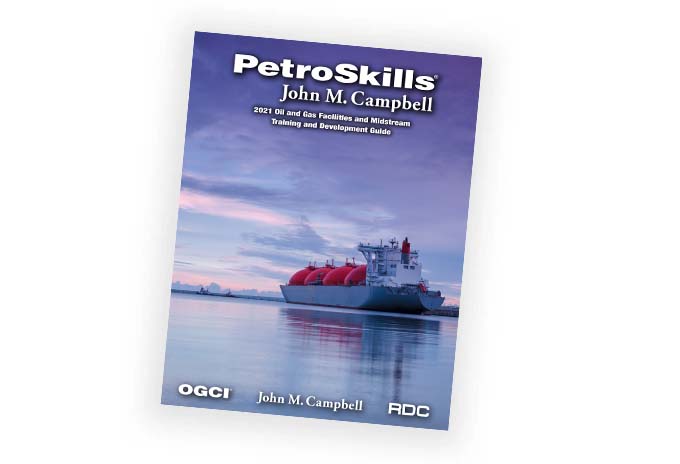Basic Petroleum Economics - BEC - eLearning series
About the Course
Could you answer the following three questions for your next project?
- What will it cost?
- What is it worth?
- Will it earn sufficient profit?
Before undertaking any project, these questions should be answered. This course will provide the fundamentals necessary to enable you to do so. Budgeting and financing, accounting, and contractual arrangements, which also significantly impact the economic viability of a project, are covered. Participants practice cash flow techniques for economic evaluations and investigate frequently encountered situations.
This course is offered in an entirely online format via approximately 32 hours of self-paced, online work.
Target Audience
Managers, engineers, explorationists, field accounting supervisors and other personnel who need to develop or improve their skill and understanding of basic economic analysis and profitability of petroleum exploration and production. Participants will benefit from taking this course if they have no previous experience in the how and why of project economics, how project sanction and funding decisions are made and understanding oil and gas project decision making.
You Will Learn
You will learn how to:
- Forecast annual oil and gas production using exponential and constant percentage decline methods
- Forecast total production over the life of a project
- Calculate the economic limit when analyzing a project
- Use multiple methods to accurately forecast well and field production
- Calculate crude prices taking into account API gravity and sulfur content
- Apply quality bank methods to forecast relative prices
- Inflate prices over the life of a project
- Apply marker crude methodology to forecast oil prices
- Construct a revenue model
- Develop a full cash flow model
- Calculate net cash flow
- Distinguish between cash flow for concessions and production sharing contracts
- Produce robust flexible cash flow forecasts
- Calculate compound interest
- Determine present values for future cash flows
- Evaluate NPV, DROI, IRR
- Choose the right economic metric
- Use economic decision tools to evaluate projects
- Identify different types of risk
- Model risk and uncertainty
- Use mathematical methods to quantify risk
- Handle sunk costs and tax credits when considering risk
- Recognize and use probabilistic uncertainty models
- Recognize uncertainty in economic analysis
- Calculate the average cost of capital for a typical oil company
- Recognize the drivers for a company’s hurdle rate
- Determine the opportunity cost of capital
- Interpret the financial accounting section of annual reports
- Calculate depreciation, depletion and amortization (DD&A)
- Separate cash flow from profit
- Recognize non‐cash charges
- Focus on cash flow when selecting economic metrics for project evaluation
- Screen projects for inclusion into the capital budget allocation
- Economically rank projects
- Accommodate legal, safety and regulatory impacts to capital budgets
- Think like an executive when evaluating capital budget allocation to projects and corporate functions
Course Content
This course is comprised of the following skill modules (Approx. 4 Hours Each):
- Production Forecasting
- Oil and Gas Pricing
- Cash Flow
- Economic Decision Tools
- Risk and Uncertainty
- Financing and Ownership
- Petroleum Industry Accounting
- Budgeting
Product Details
Categories:
Upstream, Midstream, Business & ManagementDisciplines:
Energy BusinessLevels:
BasicProduct Type:
CourseInstructors:
Additional
Request a Public Session
If you are interested in a public session of this course, please click the button below to request it.
Request Public SessionIn-House Training
This course is also available upon request as a private, on-site seminar. Contact us for details and pricing.
Request In-House TrainingNeed Help
Contact us if you have additional questions about how to register for or attend this course.
Contact Us



